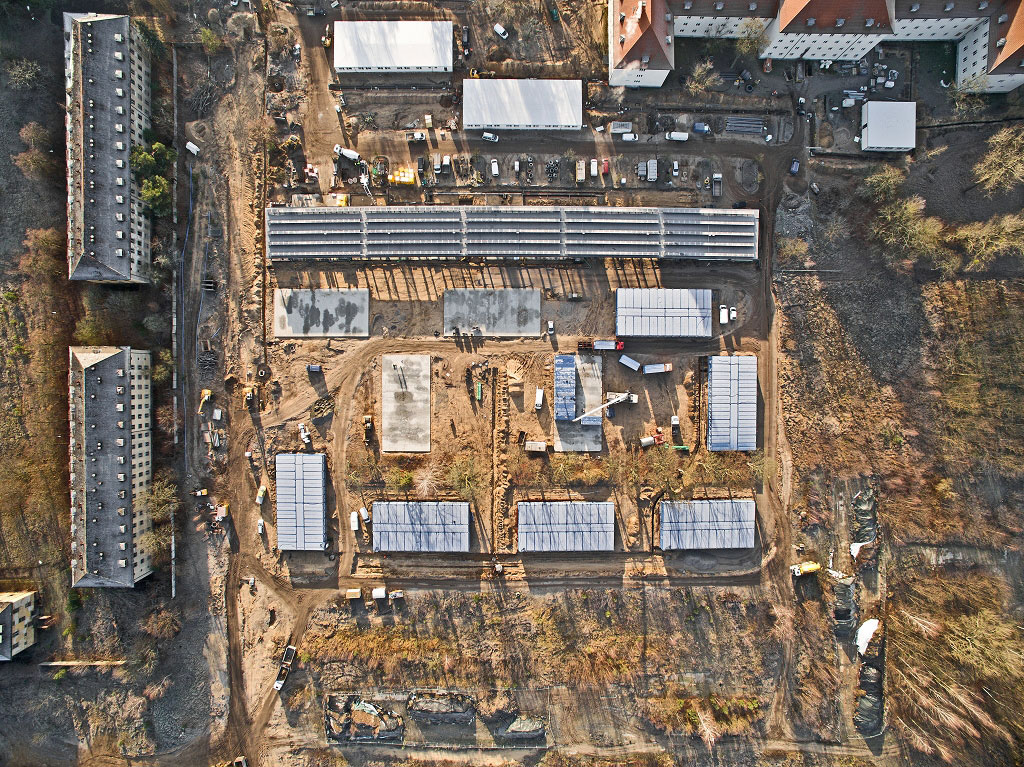International Online Conference „Architectures of Colonialism. Constructed Histories, Conflicting Memories“
“Architecture”, as the architect Léopold Lambert recently stated, “is, above all else, a materialisation of power relations and the enforcement of their potential violence.” This applies all the more to the architectures of colonialism, which were used to dominate and segregate people, exploit labour, and restructure land. As architectural history was for a long time written by the “colonisers”—that is the Global North—, these acts of domination have been marred by focusing on canonised buildings, architects, and specific archives, ignoring the experiences and agency of the “colonised”. But monuments provoke, and their values for society can be called into question, as the emotionally charged debates in the Black Lives Matter movement have recently demonstrated so vividly. Dealing with cultural heritage and its cultural significance necessitates a continuous process of negotiation and re-evaluation. Hence, those writing the architectural history of colonialism and colonisation should be concerned with decolonising perspectives, working on methodologies and narratives, and acknowledging actors, memories, and places that have been overlooked so far. The conference of the DFG Research Training Group 1913 “Cultural and Technological Significance of Historic Buildings”, which will take place from 16 to 19 June 2021 as an online event, targets the current debates on decolonising practices and the contested built heritage of colonialism.
Invited keynote speakers are Antoinette Jackson (University of South Florida), Itohan Osayimwese (Brown University), and Reinhard Bernbeck (Freie Universität Berlin).
Registration for the conference, the programme and further information can be found at https://www.architecturesofcolonialism.net/
Concept and organisation: Vera Egbers, Christa Kamleithner, Özge Sezer, Alexandra Skedzuhn-Safir, Albrecht Wiesener

